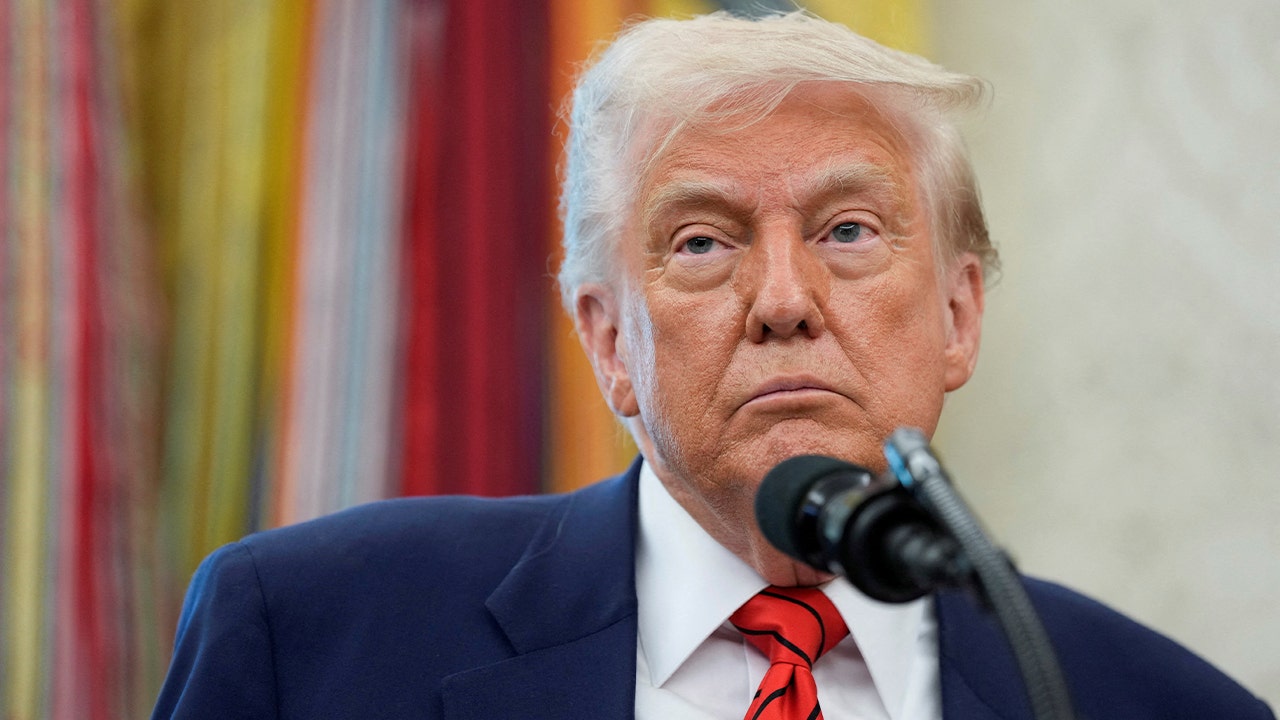Philly Hospitals Brace for Impact: Proposed Medicaid Cuts Threaten Healthcare Access

Philadelphia's healthcare providers are sounding the alarm, warning of a potential “perfect storm” as proposals to significantly cut Medicaid funding circulate within the federal budget. These cuts, if enacted, could severely impact access to vital healthcare services for vulnerable populations across the city and the nation. The Congressional Budget Office (CBO) has estimated that such reductions could lead to over 7.6 million Americans losing their health insurance coverage within the next decade, a prospect that local hospitals and clinics find deeply concerning.
Medicaid plays a critical role in Philadelphia, serving as a lifeline for low-income individuals, families, children, seniors, and people with disabilities. It provides access to essential healthcare services, including preventative care, doctor visits, hospital stays, and prescription drugs. A reduction in funding would inevitably lead to reduced services, longer wait times, and potentially, the closure of safety-net hospitals that heavily rely on Medicaid reimbursements.
“We’re already facing staffing shortages and rising costs,” explains Dr. Emily Carter, Chief Medical Officer at Temple University Hospital. “Further cuts to Medicaid would exacerbate these challenges, forcing us to make difficult decisions about which services we can continue to offer. It’s a scenario we desperately want to avoid.”
The proposed cuts are part of a broader effort to reduce the federal deficit, but critics argue that they represent a shortsighted approach that will ultimately harm public health and the economy. Losing Medicaid coverage can lead to delayed or forgone care, resulting in more serious health problems down the line and increased healthcare costs overall. Moreover, it can impact workforce participation and productivity, as individuals struggle to manage chronic conditions without adequate healthcare access.
Local advocacy groups are mobilizing to fight the proposed cuts, urging lawmakers to prioritize healthcare access for all Americans. “Medicaid is not just a safety net; it’s a vital component of our healthcare system,” says Maria Rodriguez, Executive Director of the Philadelphia Healthcare Alliance. “We need to invest in Medicaid, not dismantle it. These cuts would disproportionately impact our most vulnerable residents and undermine the health and well-being of our community.”
The potential ramifications extend beyond individual patients. Hospitals and healthcare providers in Philadelphia contribute significantly to the local economy, providing jobs and generating revenue. Reduced Medicaid funding could lead to job losses and economic instability within the healthcare sector. The ripple effect could be felt throughout the entire city.
The debate over Medicaid funding is expected to intensify in the coming weeks as Congress works to finalize the federal budget. Philadelphia’s healthcare providers are urging residents to contact their elected officials and voice their opposition to these proposed cuts. The future of healthcare access in Philadelphia, and across the nation, hangs in the balance.
Key Concerns:
- Reduced access to preventative care
- Increased strain on safety-net hospitals
- Potential for job losses in the healthcare sector
- Negative impact on public health and the economy





